Lesson series
Listening In & Listening Out: An Introduction to Acoustic Ecology
Sounds embody and define the world around us. They accompany our life experiences, define our communities, non-human kin, political movements, futures, and cultures. They traverse in and out of time periods, carry stories of our ancestors, and convey eco-changes invisible to an ocularly focused society. This introductory course to sound studies and attentive listing will guide participants through the history and future of sound, exploring cultural, social, and political dimensions of this form of study. Through PowerPoint guided lectures, readings, media, and self-guided activities, this course will act as an introduction to sonic cultures and soundscapes. Participants will be encouraged to build stronger connections to their sonic environment through focused listening practices.
Write your awesome label here.
Why this course?
-
Listening Activities
-
Guided Prompts
-
Audio & Video Resources
From History to Practice
Learn the fundamental people, terms, courses, and definitions within the field of soundscape studies. Explore these terms in practice through a variety of listening prompts and challenges.
Learn by Example & Practice at Home
Examples of sonic methods will be explored in each module so that you can practice these tools in action. You’ll be encouraged to practice the techniques on your own time through self-guided activities in each module.
Course Overview
Unit Breakdown
Unit 1: Introduction to Acoustic Ecology
Have you ever wondered what you might experience if you learned to listen to the world around you more closely? In this first module, you will learn how active listening can uncover all kinds of relationships – cultural, social, political and environmental.
Unit 2: Noise and Urban Living
Noise is an unfortunate reality tied to industrialization. This module will explore the definition of ‘noise’ across disciplines and consider the physical and psychological effects of noise pollution. You will also develop the tools necessary to monitor your own sonic environment and mitigate these harmful impacts.
Unit 3: Decolonizing Soundscapes
Sound is an important cultural tool that has been used to cultivate communities throughout history. Examining the work of Indigenous scholars in particular, this module addresses sound through a decolonial lens and encourages you to reflect on listening positionality.
Unit 4: Acoustic Communities & Mapping Sound
Have you ever wondered how sounds relate to their environment? In this module, you will use creative prompts and resources to consider how sounding locations can define the social, political and environmental relationships in a given space.
Unit 5: Sonic Futures
What will the future sound like? This module considers the evolving soundscapes related to climate change, social injustice, and unsustainable living practices. Through focused listening exercises, sonic forms of analysis, and environmental ideation, this module will guide you towards a soundbite of the future.
Meet the instructor
Lauren Knight
Lauren Knight is a sonic researcher, sound media producer, and a newly admitted PhD student in the University of Toronto's iSchool program. Having recently completed her Master's degree in Communication at Simon Fraser University, Lauren has completed a variety of sound studies work in both academic and industry settings. She received her Bachelor of Arts degree in Media Production at Ryerson University in Toronto, Ontario, where she completed a specialization in audio production and sound media. Lauren’s current research aims to merge her Anishinaabe lineage with acoustic ecology, exploring soundscapes through the lens of Indigeneity and colonization.
See more of her work at www.laurenknight.ca
See more of her work at www.laurenknight.ca


